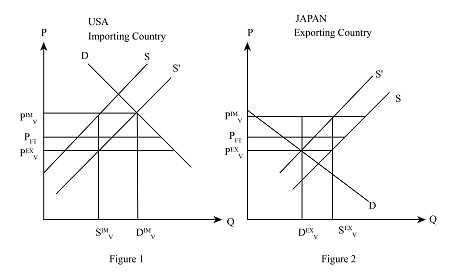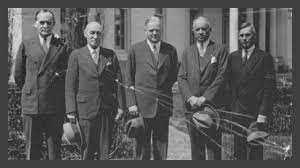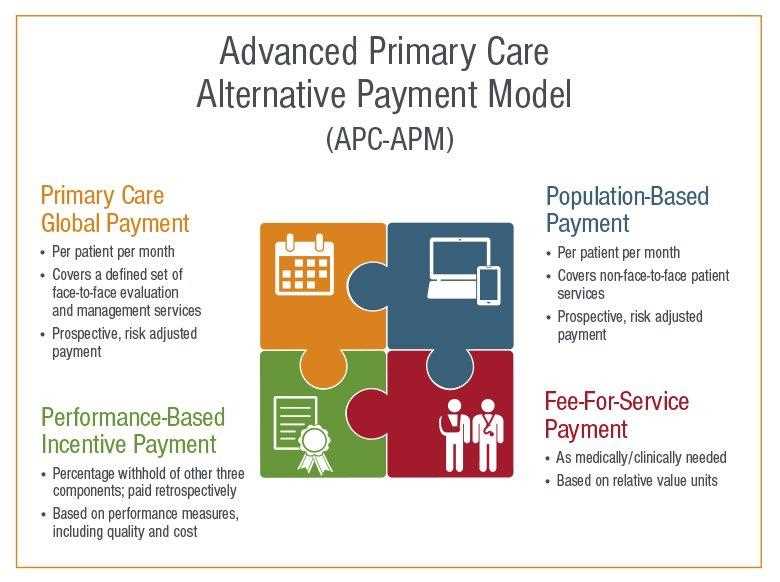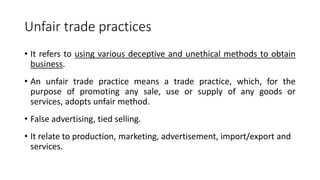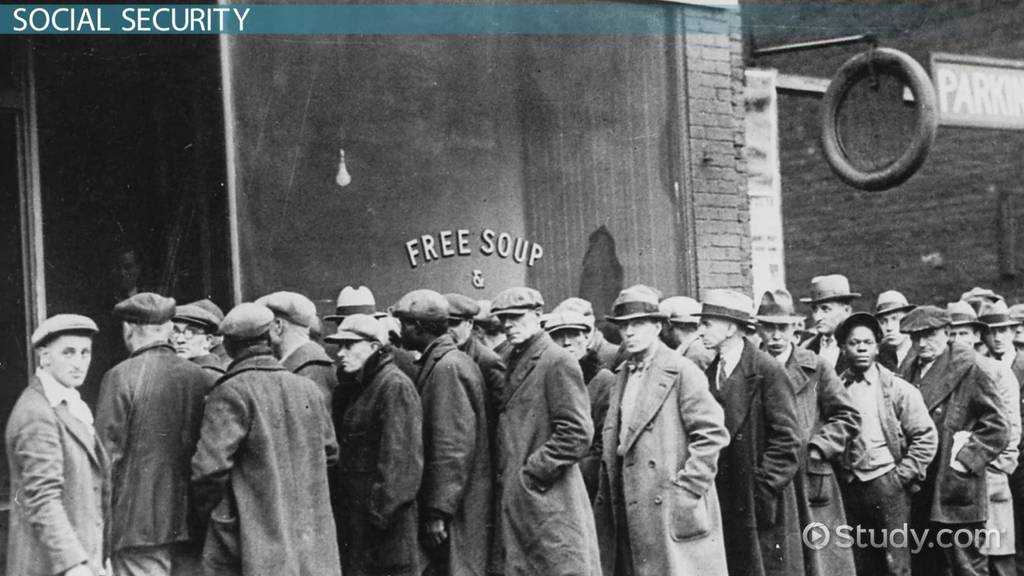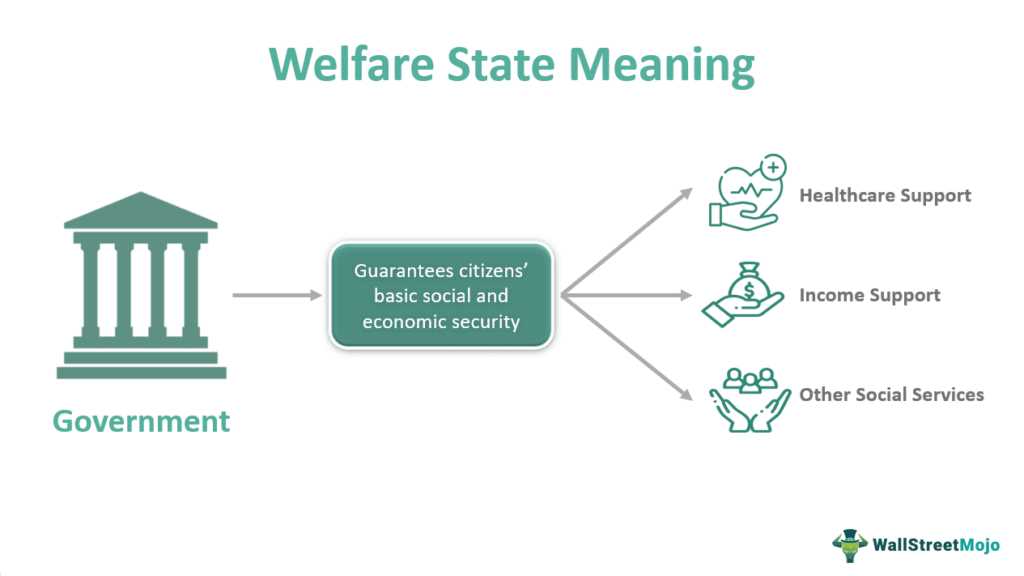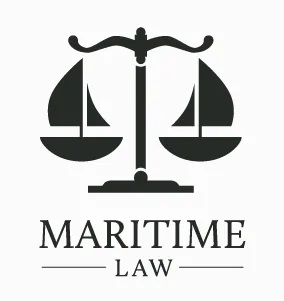What Is a Right-to-Work Law and How Does It Work
What Is a Right-to-Work Law? A right-to-work law is a legislation that gives employees the right to choose whether or not to join a labor union or pay union dues as a condition of employment. These laws are typically enacted at the state level and vary in their specific provisions. … …







